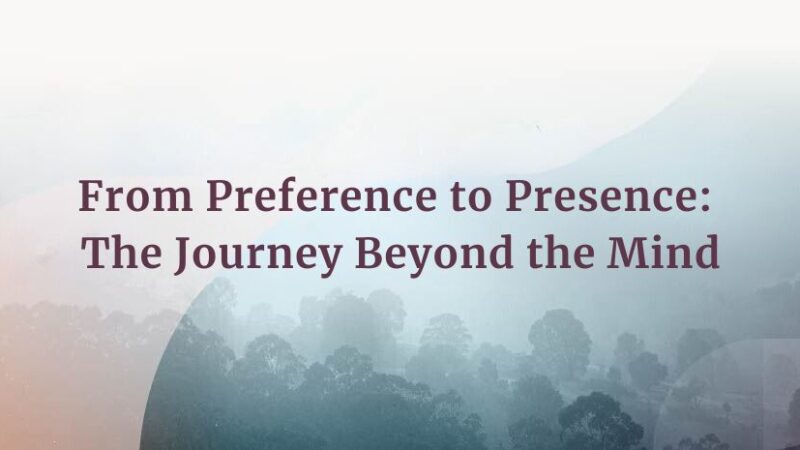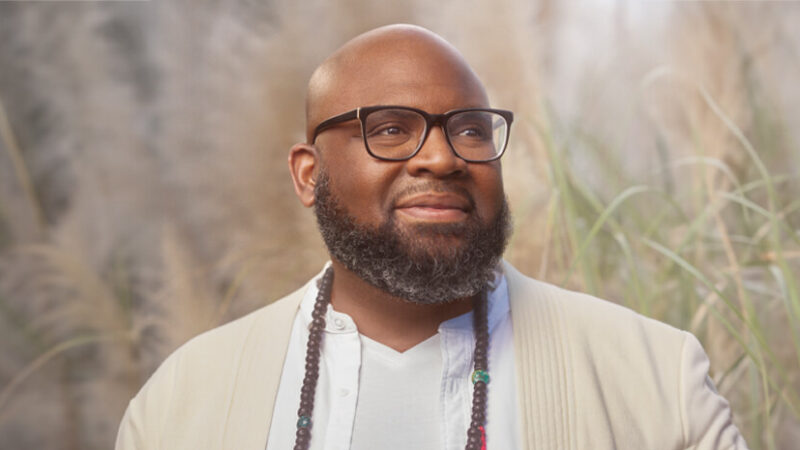Standing for the Spiritual, in a Secular World
Thomas Moore is a psychotherapist, former monk, and the bestselling author of the spiritual classic Care of the Soul. Thomas has collaborated with Sounds True on several books and audio programs, including Soul Work, Darkness Before the Dawn, and most recently A Personal Spirituality: Finding Your Own Way to a Meaningful Life. In this week’s fascinating episode of Insights at the Edge, Tami Simon speaks with Thomas about the definition of “meaning” in a modern context, and how we must stay true to our consciences no matter the social consequence. They discuss the importance of maintaining a personal spirituality and the ways one can borrow practice from other traditions while remaining faithful to one’s core beliefs. Finally, Thomas and Tami ruminate on the contemporary distaste for mystery and how the embrace of the unexplained is necessary for a fully embodied spirituality.
(68 minutes)



